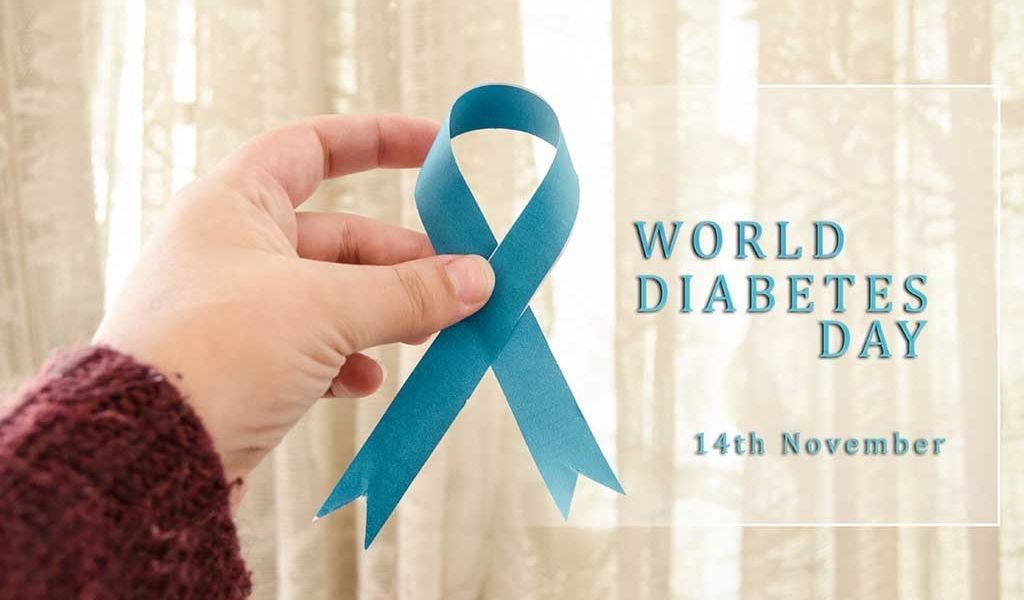
Debunking 7 Myths Surrounding The Topic Of Diabetes On World Diabetes Day 2020
Before we move onto debunk some interesting myths, I want you all to have a clear understanding of what diabetes is and why it occurs.
Diabetes occurs when your blood sugar (blood glucose) levels remain too high over a prolonged period of time. The basic process which leads to the disease is not actually that complicated. Insulin is the key which lets glucose from the food we consume to pass from the blood stream into the cells to produce energy. However, when our pancreas decline to produce insulin or when our body cells does not respond to what insulin in produced appropriately, its outcome is the remains of excessive blood glucose. There are two types of diabetes; Type 1 and Type 2.
World statistics recorded last year shows that over 463 million people suffer from diabetes whereas a total of 4.2 million persons had passed away whilst battling the disease. Therewith, it is important to know how to counter myths surrounding the topic with facts in order to be of help to diabetes patients.
#Myth 1: People with diabetes cannot eat sugar
This is perhaps the most common myth surround the topic. People with diabetes need not to eat a sugar free diet but rather one which is balanced inclusive of sugar in moderate levels.
#Myth 2: People with diabetes should limit their diets to diabetic food
Often what is labelled as ‘diabetic food’ contains alternative sweeteners in exchange for sugar which will still affect blood glucose levels and also increases the chances of adverse effects. Such labelled foods are also sold at very expensive prices.
#Myth 3: Diabetes is mild
No form of diabetes is mild. If poorly managed, it can to serious and even life-threatening health complications. Good control of diabetes can significantly decrease such risks but that does not eliminate the seriousness of the condition.
#Myth 4: Diabetes is caused by eating too much sweet food
Consumption of sweet food is not the direct cause of diabetes but a diet containing high amounts of sugar can increase the risk of developing the disease
#Myth 5: Diabetes can be cured.
Diabetes is a chronic illness with no cure. However, the condition is manageable.
#Myth 6: Blood sugar level can be identified without testing based on symptoms
This very myth roots from the diabetes community itself. No one can accurately guess his or her blood glucose by feel as it is not reliable.
#Myth 7: No one in my family has diabetes so neither would I
Science do tell us the genetics play a part in developing this chronic illness. However, lifestyle choices and adjoining health conditions are also likely to cause diabetes.
I have limited our list to just 7, however, there is so much more. Hence, in response for the growing concerns about the escalating health threat posed by diabetes, International Diabetes Federation (IDF) in collaboration with World Health Organization (WHO) declared 14th November as World Diabetes Day in the year 1991. 14th November is the birthday of Sir Frederick Banting, the person who had co-discovered insulin in 1922. The theme for this year’s WDD is ‘Diabetes: Nurses make the difference’.